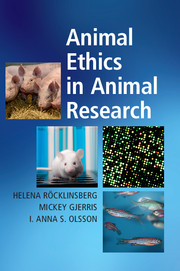Recent highly publicized privacy breaches in healthcare and genomics research have led many to question whether current standards of data protection are adequate. Improvements in de-identification techniques, combined with pervasive data sharing, have increased the likelihood that external parties can track individuals across multiple databases. This article focuses on the communication of identifiability risks in the process of obtaining consent for donation and research. Most ethical discussions of identifiability risks have focused on the severity of the risk and how it might be mitigated, and what precisely is at stake in pervasive data sharing. However, there has been little discussion of whether and how to communicate the risk to potential donors. We review the ethical arguments behind favoring different types of risk communication in the consent process, and outline how identifiability concerns can be incorporated into either a detailed or a simplified method of communicating risks during the consent process.
